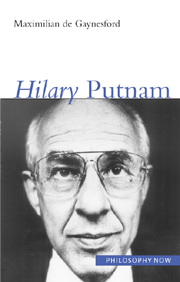10 - Intentional states
from Part III - Content: earlier perspectives
Summary
I was often unable to think of external things as having external existence, and I communed with all that I saw as something not apart from, but inherent in, my own immaterial nature.
William Wordsworth, “Remarks on his ‘Immortality Ode’” (Ricks 1984: 131)Wordsworth is not alone in feeling his thought and experience to be constrained in this way. Descartes had come to a similar conclusion at the point where his method of doubt gave way to reassertion of much of what he had previously taken on trust. For it seems possible for the meditator to sustain much if not all of his mental life whether or not the world beyond his mind exists. So he may feel pressed to conclude that the objects that his thoughts are about and that he had previously assumed to be “external things” actually lack “external existence”; that the states of affairs that his experience enables him to “commune with” are not objects and properties in the world itself, but representations that are dependent on and “inherent in” his own nature (conceived in the Cartesian way as immaterial); that the words he uses, being dependent on thoughts for their meaning, are similarly directed on and refer to representations belonging to himself alone, rather than to worldly objects.
This is one way to interpret the Wordsworth passage. But very different considerations might lead us to feel equally constrained in the way he describes.
- Type
- Chapter
- Information
- Hilary Putnam , pp. 113 - 126Publisher: Acumen PublishingPrint publication year: 2006



